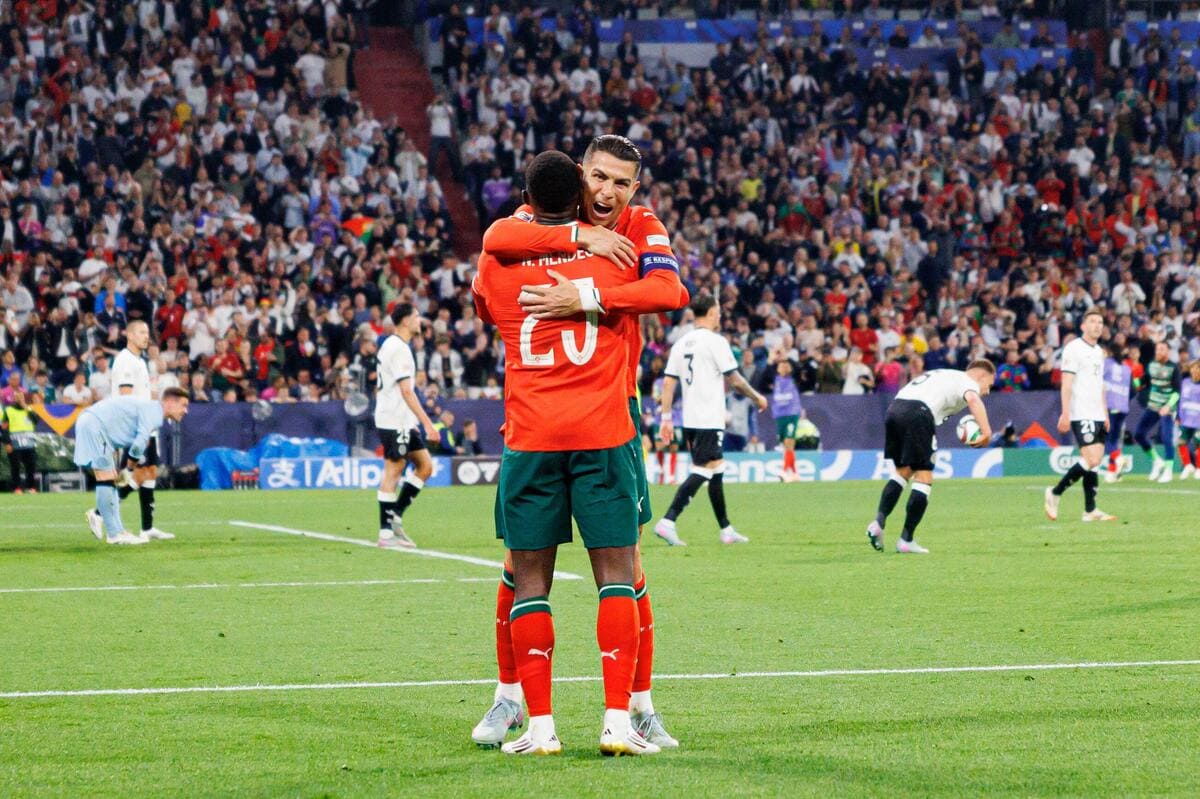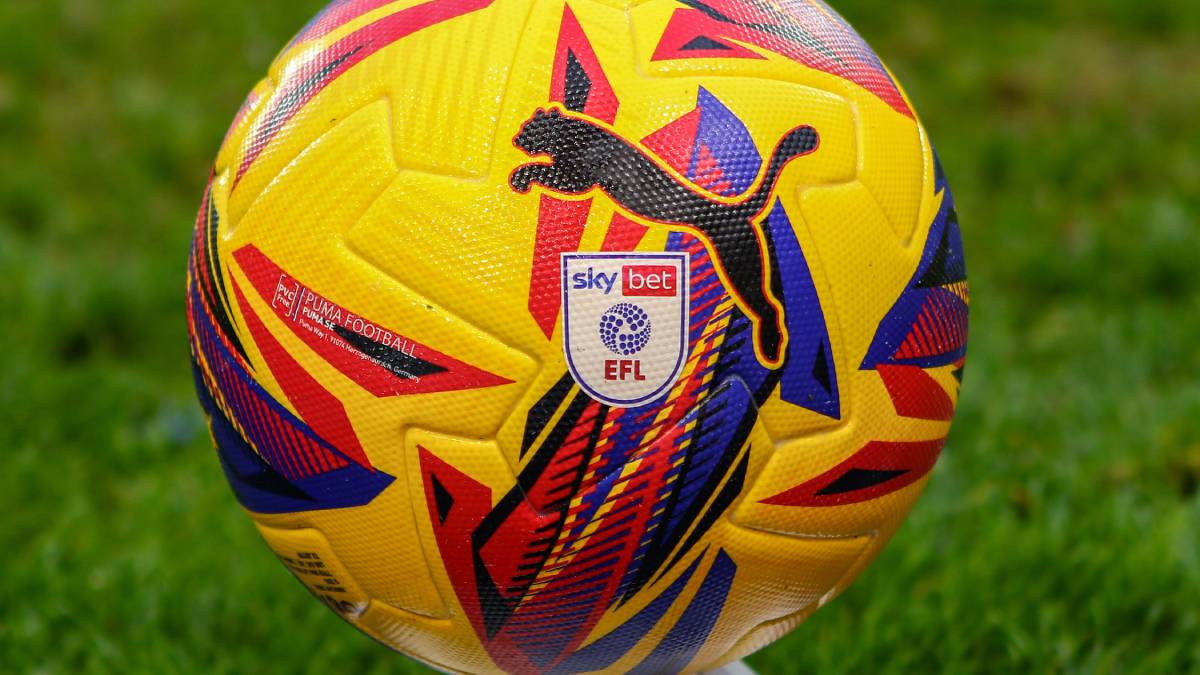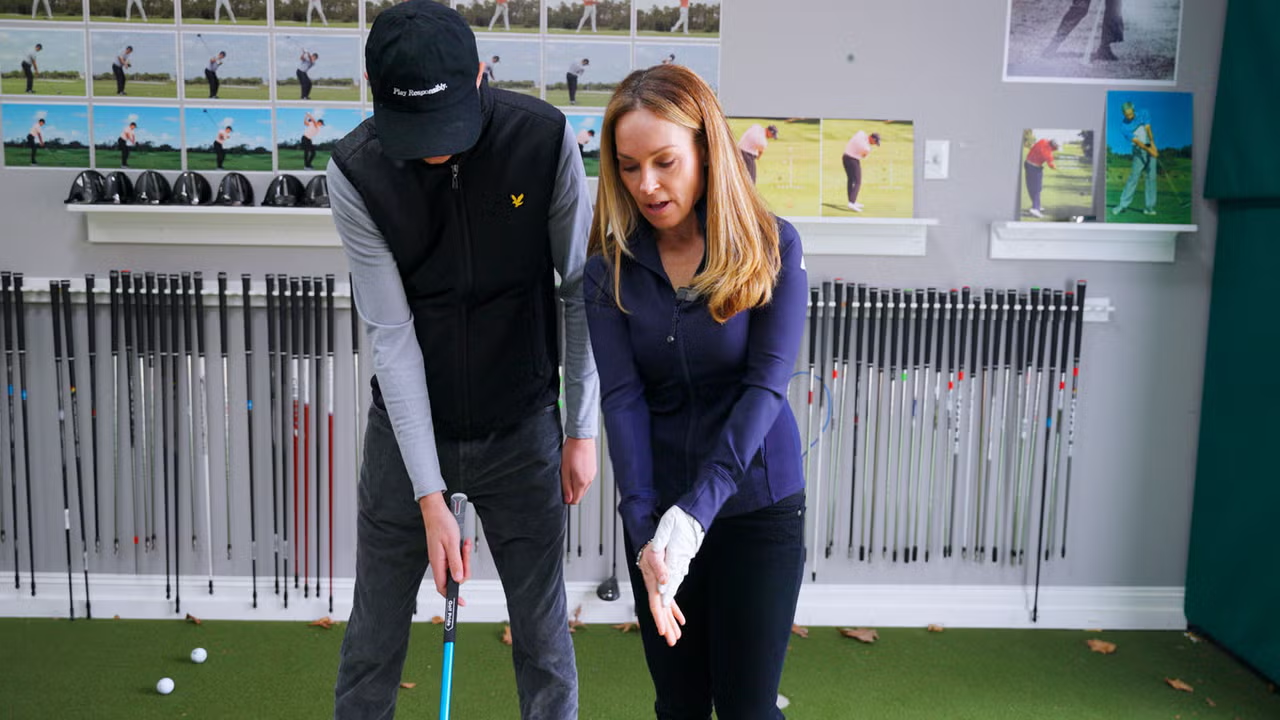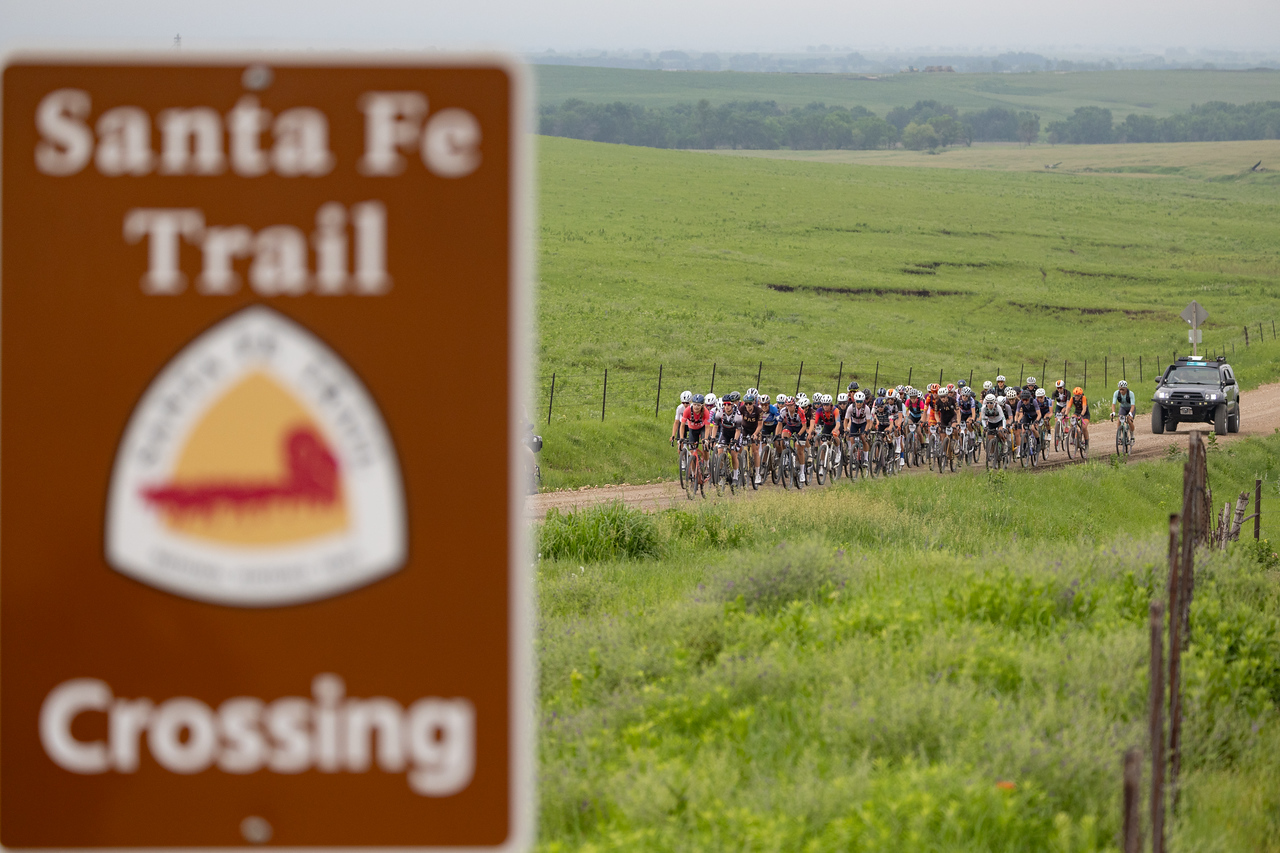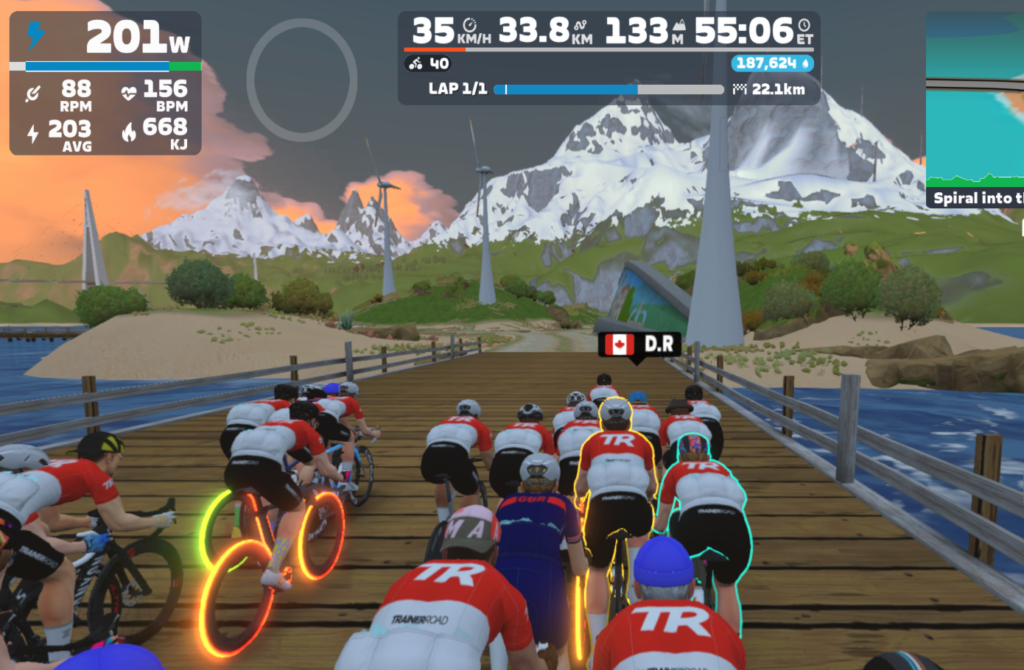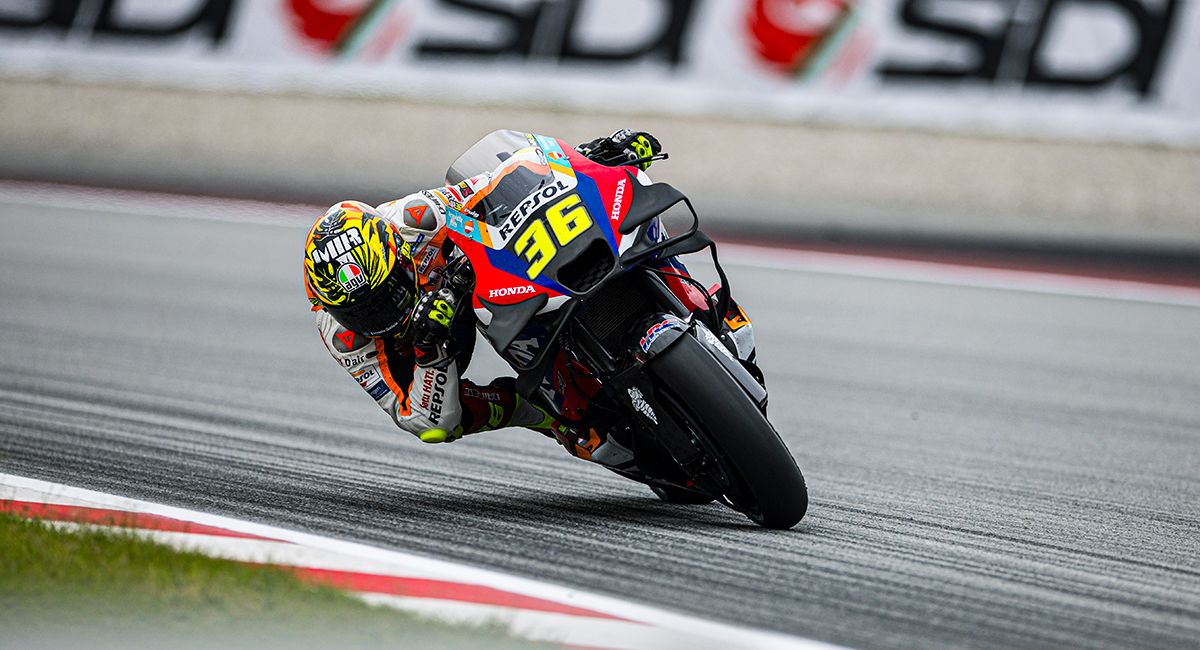Dylan Dethier
;)
Rory McIlroy ahead of the 2025 RBC Canadian Open.
Getty Images
The great irony of Rory McIlroy skipping media after each of his four rounds at the PGA Championship was that, as a result of his silence, we didn’t know why he wasn’t talking.
Was it because of his substandard play? Because of news around a failed driver test? Because somebody had leaked said test? Because he was unhappy with the media? Just because he could?
On Wednesday, McIlroy reemerged ahead of the RBC Canadian Open and offered a particularly succinct explanation that made all the speculation seem sort of silly.
“It was just — some days you don’t feel like talking,” McIlroy said.
Fair enough.
But that was hardly McIlroy’s only thought on the matter; his complete comments offered a window into his mindset that PGA week and on the role of the media more generally.
Rory McIlroy on resetting goals post-Grand Slam
He began with a day-by-day explanation from Quail Hollow.
“Yeah, look, the PGA was a bit of a weird week,” he said. “I didn’t play well the first day, so I wanted to go practice, so that was fine.
“Second day we finished late; I wanted to go back and see Poppy before she went to bed, the driver news broke. I didn’t really want to speak on that.
“Saturday I was supposed to tee off at 8:20 in the morning. I didn’t tee off until almost 2:00 in the afternoon, another late finish, was just tired, wanted to go home.
“Then Sunday, I just wanted to get on the plane and go back to Florida.”
In other words, some of it was circumstantial. Shifting tee times, range sessions, bedtime. But McIlroy admitted there was more to the story, too, particularly surrounding his driver, which was reportedly one of eight to fail but the only one to be made public:
“Look, and also the driver stuff — I was a little pissed off because I knew that Scottie’s driver had failed on Monday, but my name was the one that was leaked. It was supposed to stay confidential. Two members of the media were the ones that leaked it.”
It wasn’t clear here whether he was upset with those who leaked his failed result to the media or with the media members who then reported it; either way it’s understandable that he would be upset about being singled out. After all, had Scheffler’s name emerged alongside his, the narrative would have been completely different.
“Again, I didn’t want to get up there and say something that I regretted, either, because there’s a lot of people that — I’m trying to protect Scottie. I don’t want to mention his name. I’m trying to protect TaylorMade. I’m trying to protect the USGA, PGA of America, myself. I just didn’t want to get up there and say something that I regretted at the time.”
Questions around driver testing protocols — who, how, when, where — have swirled since the PGA, and because it’s a topic people don’t know much about, inflammatory takes can fill the information void. I get McIlroy not wanting to address a hot-button topic in the middle of a major championship; it’s just the alternative of not talking about it meant it was tough to clear anything up.
“With Scottie’s stuff, that’s not my information to share. I knew that that had happened, but that’s not on me to share that, and I felt that process is supposed to be kept confidential, and it wasn’t for whatever reason. That’s why I was pretty annoyed at that.”
In summation: McIlroy was annoyed at some combination of his play, his schedule, the media and those responsible for driver testing.
As for the bigger-picture question of athletes and their responsibility to take questions post-round? He didn’t quite repeat Collin Morikawa’s refrain of “I don’t owe anyone”, but he echoed a similar point.
“From a responsibility standpoint, look, I understand, but if we all wanted to, we could all bypass you guys and we could just go on this and we could go on social media and we could talk about our round and do it our own way,” McIlroy said, holding up his phone.
It’s an interesting concept, guys conducting their own post-round interviews, and a reminder of how dynamics have shifted since the advent of social media; pros with big-time platforms don’t necessarily need the media to reach an audience. From a player’s perspective, plenty of interviews are boring or, worse, intrusive. McIlroy’s subtext — we don’t need you — has some truth to it, even if it’s not all the way true.
McIlroy ended on a conciliatory note, pointing out that he spends plenty of time talking to the media and that he hopes it’s a “two-way street”. That seemed to be an acknowledgement that players and media need each other. But as long as tournaments don’t mandate that pros answer questions, he said, he’ll follow his instincts.
“I’ve been beating this drum for a long time. If they want to make it mandatory, that’s fine, but in our rules it says that it’s not, and until the day that that’s maybe written into the regulations, you’re going to have guys skip from time to time, and that’s well within our rights,” he concluded.
What else did McIlroy say?
He called TPC Toronto a “typical TPC setup,” after his nine-hole morning pro-am, though it wasn’t clear if he meant that as a slight — he also offered that it could be a “good test by the end of the week.” He’ll play the back nine blind on Thursday, though his caddie Harry Diamond has been in town scouting.
“Hopefully he can point me in the right direction for the back nine tomorrow and then we’ll go from there,” he said.
He said how much he enjoys the Canadian Open, not just because of his love for national opens but because it’s served as proper U.S. Open prep.
“Before playing this event, 2016, 2017, 2018, I missed three cuts in a row at the U.S. Open, and since playing the Canadian Open the week before I’ve had six top 10s in a row, so there’s something to that,” he said.
He admitted to some post-Masters letdown.
“I’ve had a couple weeks off, and going and grinding on the range for three or four hours every day is maybe a little tougher than it used to be,” he said. “You have this event in your life that you’ve worked towards and it happens, sometimes it’s hard to find the motivation to get back on the horse and go again.”
And he attributed his on-course resilience to the mindset of his father, Gerry.
“If anyone knows my father, he’s the most positive person in the world. He could find a silver lining at a funeral probably,” McIlroy said.
As McIlroy left, there was at least one big question still un-asked. What do you think of the way pro golf handles driver testing, anyway?! But we’ll get there are some point. For now we’ll take what we can get, knowing we’ll hear plenty more from McIlroy in the days, weeks, months to come — even if no interview session is guaranteed.
“>
;)
Dylan Dethier
Golf.com Editor
Dylan Dethier is a senior writer for GOLF Magazine/GOLF.com. The Williamstown, Mass. native joined GOLF in 2017 after two years scuffling on the mini-tours. Dethier is a graduate of Williams College, where he majored in English, and he’s the author of 18 in America, which details the year he spent as an 18-year-old living from his car and playing a round of golf in every state.


